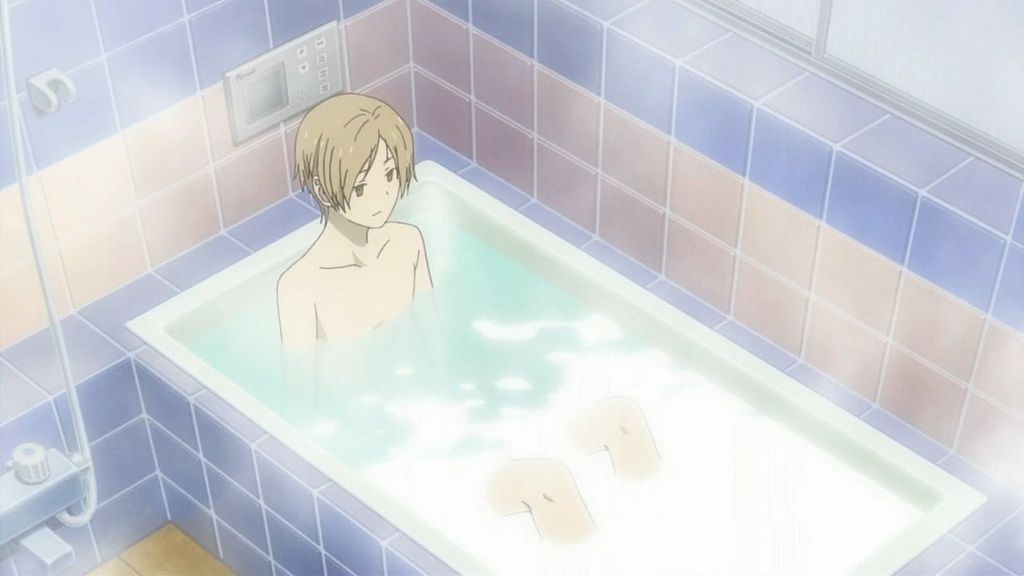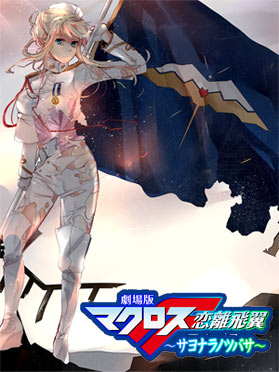I write often about how vague and imprecise the Japanese language can be, and how easy it is for foreigners to not know what’s being said, but native Japanese speakers can sometimes run into trouble with vagueness, too. From the time my kids were small I took them to the local onsen hot springs bath every week, and when my daughter got too big to come into the men’s bath with me, she started going into the woman’s bath by herself. One day a woman was talking with her and said, Okaasan inai no? which could mean “Isn’t your mother here with you?” or possibly “Don’t you have a mother?” My daughter misunderstood the woman’s nuance and answered in the affirmative, causing the woman to think my daughter had no mother due to death or divorce. Now every time she goes to the bath she knows the woman will be there, fussing over her and asking her if she’s getting enough to eat, etc. She didn’t correct the misunderstanding right away, and too many years have passed by now to ever do so.
How Otaku Culture Went From Stigma to Global Phenomenon
If you're under 25, this might sound insane, but there was a time when anime and manga fans felt the...
















